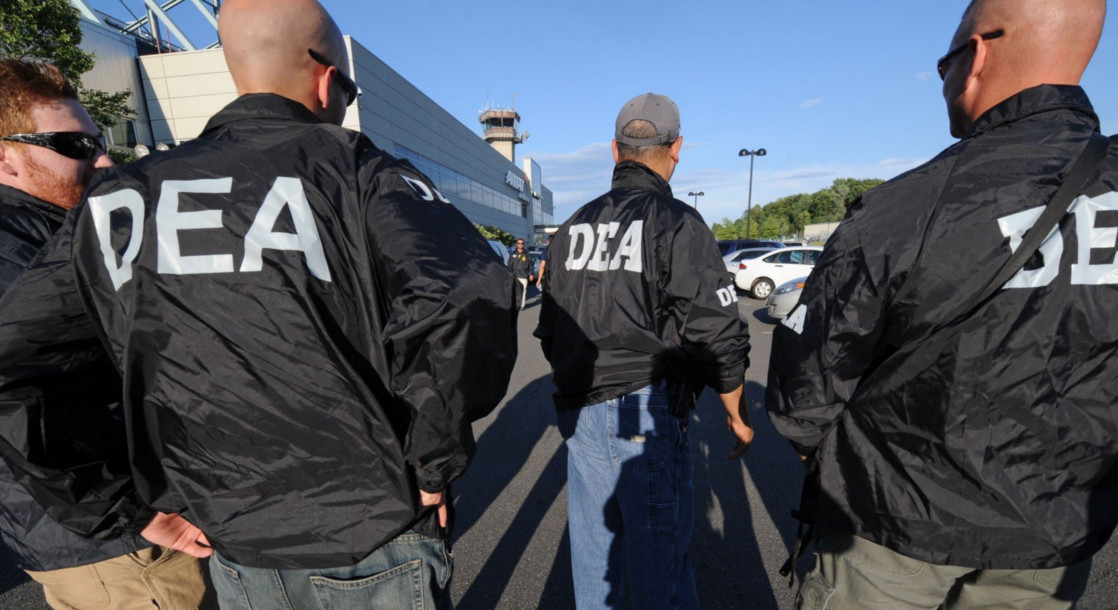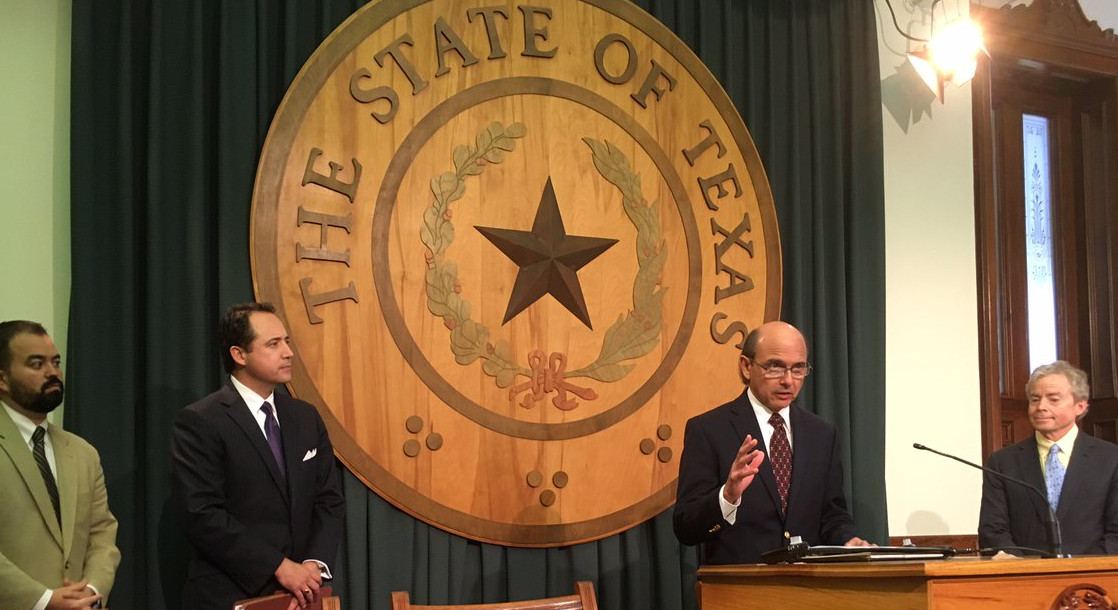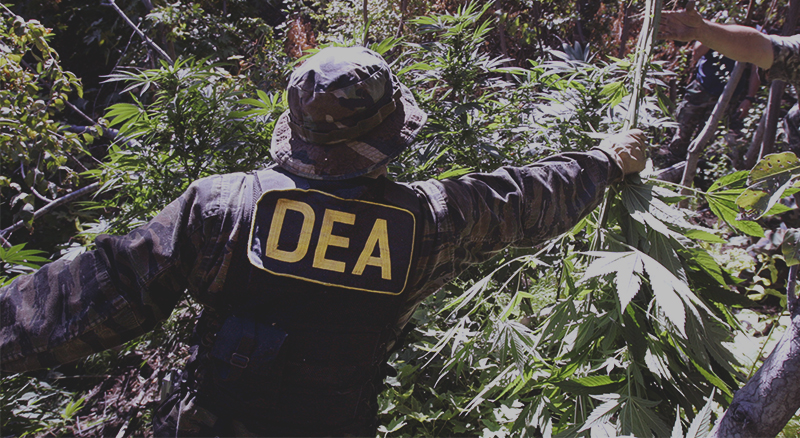It’s been almost a year since the U.S. Drug Enforcement Administration announced that it would allow more groups other than the University of Mississippi to cultivate marijuana for the United States government. But so far, no progress has been made.
According to a report from the Cannifornian, the DEA has received 25 applications from cultivators interested in growing weed for their Uncle Sam. Yet, the agency says those applications are still under review and there is no word on when selections will be made.
“Because this is a new registrant category, DEA cannot speculate on a timeline for each application,” said DEA spokeswoman Katherine Pfaff.
For decades, the University of Mississippi has been the only place in the country contracted to grow “research marijuana” for the National Institute on Drug Abuse. In fact, just two years ago that the university signed a new grow deal with government worth $68 million.
But the scientific community has complained for years that this monopoly on cannabis cultivation has made it difficult to conduct research. They also say the lack of federal quality standards has contributed to the distribution of a weak product, which has caused poor study conditions.
Earlier this year, Dr. Sue Sisley, who has been trying for years to look into the therapeutic aspect of the cannabis plant with respect to patients with PTSD, said that her research had been even further delayed due to damaged marijuana. Photos of the herb clearly show that the marijuana the government is supplying is vastly subpar to the stuff being grown at the state level.
These types of complaints prompted the DEA to announce last year plans to expand the number of cultivators permitted to grow research marijuana. The news of this development came shortly after the agency failed, once again, to downgrade the classification of the cannabis plant to one that would make research more accessible.
Sadly, there is now concern that the DEA’s willingness to except applications for additional growers was just a ploy to offset the heat the agency caught for refusing to lift restrictions on the cannabis plant.
Policy experts, like John Hudak with the Brookings Institution, say it is highly likely that the DEA is now using U.S. Attorney General Jeff Session’s anti-marijuana position as a reason not to take action. But he predicts that lawsuits will surface as soon as the scientific community realizes that the government is still trying to sandbag marijuana research.
“You’re going to get to the point where someone is going to crack and someone is going to say, ‘I’m going to sue the DEA,'” Hudak said.











